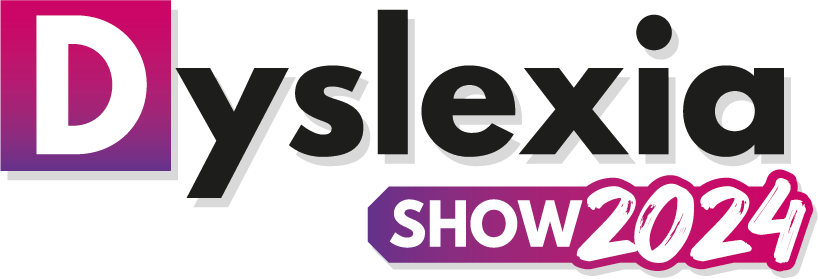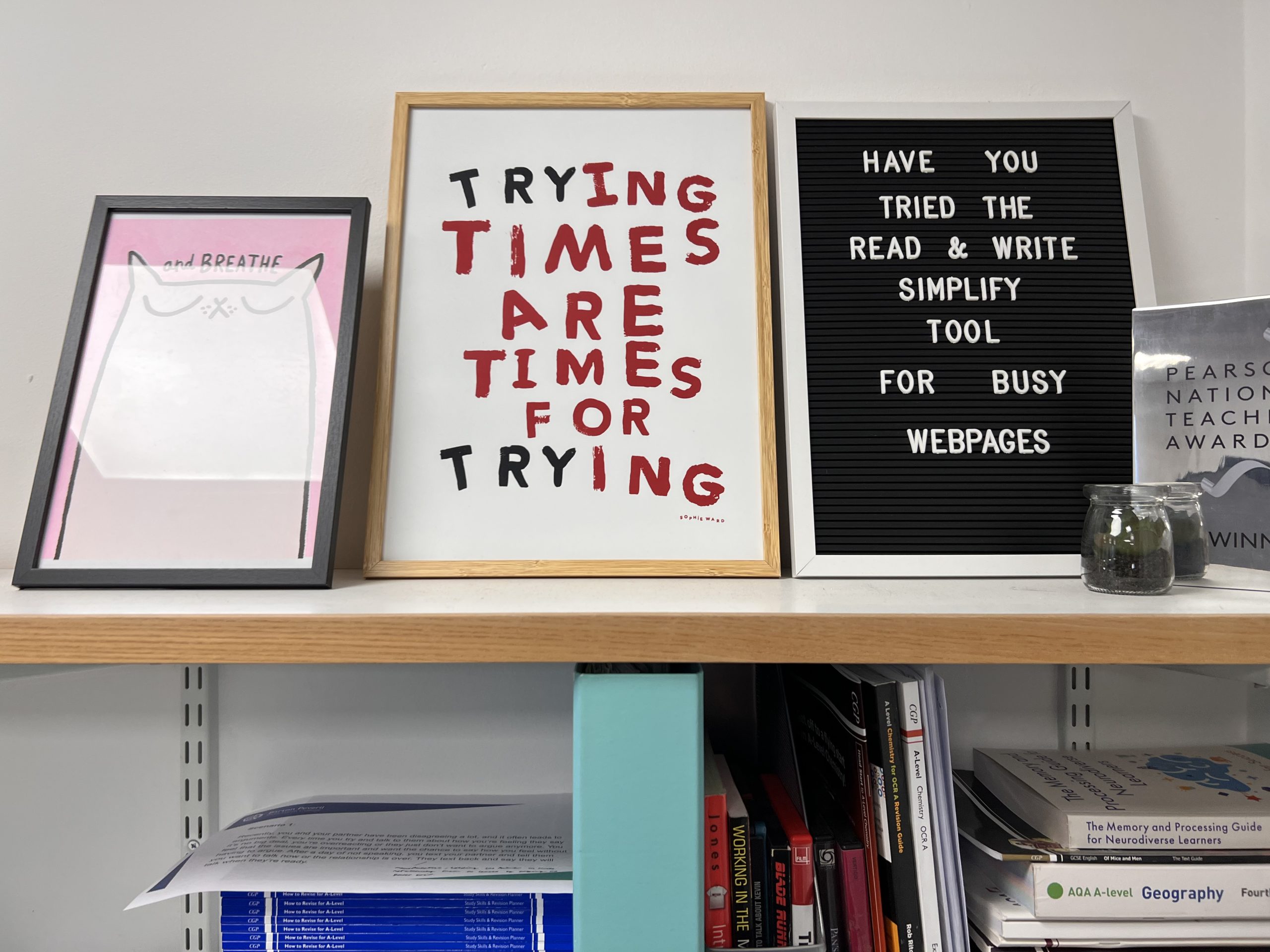The aspects of dyslexia , neurodiversity and assistive technology that interests me the most is the effect on self-esteem that assistive technology gives. Having just finished 18 interviews with pupils of a range of needs as well as dyslexia one of the common themes emerging has been the way they felt stupid and not clever and how that effected not only their attainment but how they viewed themselves. Sadly a lot of these pupils said they had no support at primary level. I always thought that primary schools implemented the technology which may not be the case.
So there is an up to this. The same students were insistent for their fellow peers to try the assistive technology and if it doesn’t work the first time for them to try again. The difference to their self-esteem is almost miraculous. They no longer think they are stupid or not clever. They are on the road to future success as they all said when asked would you use the technology in the future they said they would.
Are we talking really expensive technology to get these results? Well come to my session and find out. What I can say is that their are free and inexpensive solutions on hand and its a question of knowledge as well as finance. But the benefits are great if schools would prioritise and give credence to what the pupils themselves are saying.
What of the workplace?
Recently I have been working freelance with a well-known access to work company and getting alongside adults with Dyslexia in the workplace its been an eye-opener as a teacher to see people devising how best to employ their use of technology in their settings. In terms of just giving loads of kit and expecting people to use it this is not the best method. So working with the trainee in how best to get the assistive technology to work for them is more of a coaching role and cherry picking of the assistive technology to get the most out of the packages. Deciding what should be used and what not to use. To problem solve with the individual and workout what their personal needs and goals are is a matching exercise an assistive technologist like myself can do.
This was a new skill set for me. Even at the age of 71 I have been learning how to work on Access to Work using my previous experience as a teacher and my facilitator and coaching skills gained in working with Headteachers and Senior Management teams in schools.
If there is one thing I would say about Neurodiversity is that each person’s dyslexia and specific learning difficulties are unique to them and have to be worked on in co-operation with them. A lot of talking as well as suggesting ways the assistive technology can be implemented. In the session at The Dyslexia Show I will share some of the insights I have gained in the workplace area.
Myles Pilling
Assistive Technology
AccessAbility Solutions
13/02/23
These are my views and should not be considered as The Dyslexia Show’s views. Although I think there is much we agree with together and want to express to our attendees

